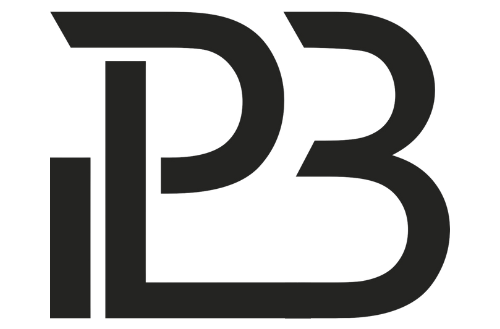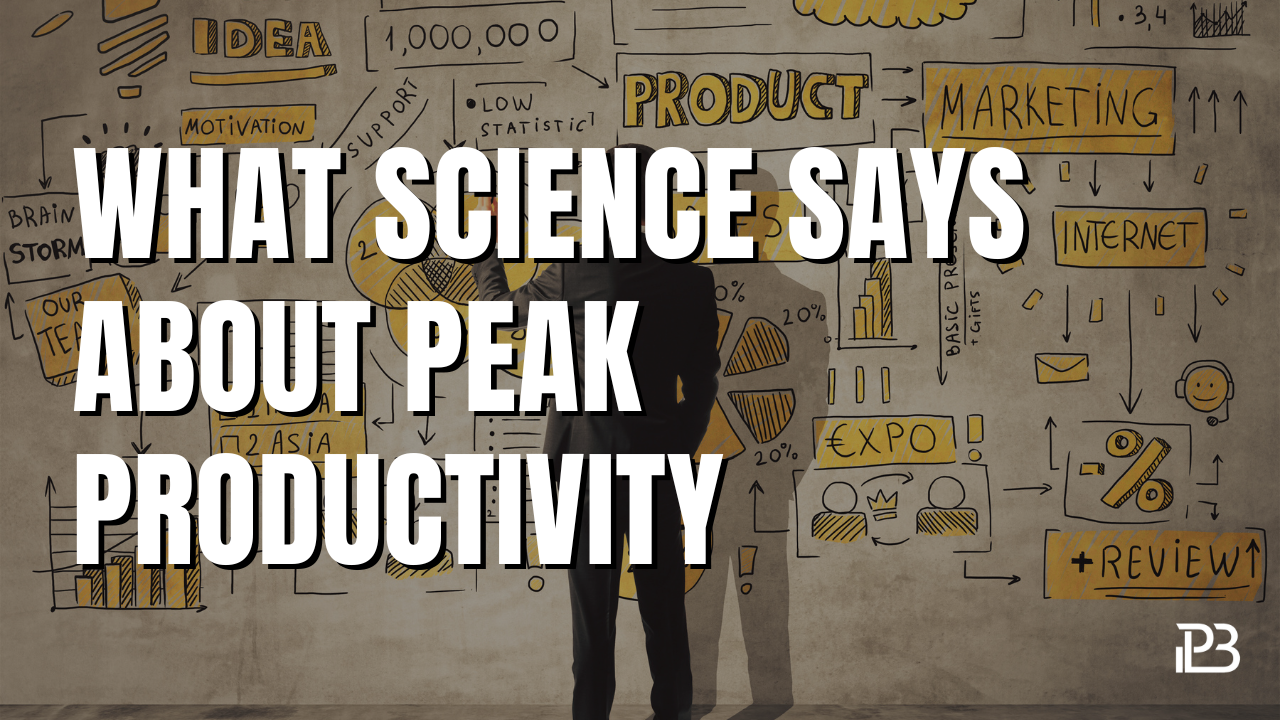Discover the fundamentals of productivity science and how it enhances efficiency. Learn how biological and psychological factors impact your work efficiency and explore strategies to maximize productivity. Delve into the latest research that uncovers the scientific underpinnings of peak productivity, providing practical tips to leverage these insights for improved performance in today’s fast-paced world.
Table of Contents
Understanding the Science of Productivity
Productivity science seeks to understand what enhances or impedes our efficiency at tasks. It encompasses various fields, including neuroscience, psychology, and behavioral economics, providing a holistic view of how we can optimize our work processes.
Biological Factors Influencing Productivity
Circadian Rhythms
Our circadian rhythms, or internal clocks, play a crucial role in regulating our sleep-wake cycles and, by extension, our work patterns. Understanding your natural energy peaks and troughs throughout the day can help you schedule tasks aligned with your highest alertness levels, typically mid-morning or late afternoon for most people.
Brain Chemistry
Neurotransmitters such as dopamine and serotonin impact our motivation and mood. Enhancing your brain’s dopamine production through reward-based tasks or small wins can boost your productivity. Similarly, maintaining adequate serotonin levels through diet and light exposure can improve mood and focus.
Psychological Factors Affecting Efficiency
The Flow State
The concept of ‘flow’, introduced by psychologist Mihaly Csikszentmihalyi, describes a state of heightened focus and immersion in activities. Achieving flow requires tasks that are challenging enough to engage but not so difficult that they induce anxiety.
Goal Setting Theory
Psychological research emphasizes the importance of goal setting in productivity. Specific, challenging, and achievable goals increase motivation and performance, according to Edwin Locke’s Goal Setting Theory.
Cognitive Load Theory
This theory suggests that our working memory has a limited capacity. Managing cognitive load by breaking down complex tasks into smaller, manageable parts can prevent overwhelm and improve task completion rates.
Strategies to Enhance Productivity Based on Science
Optimize Your Environment
Create an environment conducive to focus. This includes managing noise levels, ensuring comfortable lighting, and minimizing clutter. Ergonomic furniture that supports good posture can also reduce physical strain and aid concentration.
Leverage Technology Wisely
Technology, when used correctly, can significantly enhance productivity. Utilize tools that block digital distractions, organize workflow, or automate repetitive tasks to free up cognitive resources for more complex projects.
Prioritize Sleep and Wellness
Adequate sleep is non-negotiable for peak cognitive function. Adults typically need 7-9 hours per night. Regular physical activity and a balanced diet also contribute to better energy levels and cognitive clarity.
Practice Mindfulness and Stress Management
Mindfulness meditation has been shown to reduce stress and improve concentration and memory. Incorporating regular mindfulness practice can help maintain psychological health, enhancing overall productivity.
Productivity Tools and Resources
To stay on top of the latest productivity research and methods, consider subscribing to a productivity journal or app. Tools like:
- RescueTime: Helps track your daily habits and provides insights into your most productive times.
- Freedom: Blocks distracting websites and apps across all your devices.
- Asana: Streamlines task management and team collaboration.
Subscribing to journals like the Journal of Productivity Science can also keep you informed about the latest research findings and innovative productivity strategies.
Read More:
- The Science Behind Taking Breaks for Increased Efficiency
- Inbox Zero Email Management: Achieving and Maintaining Email Nirvana
- Maximizing Efficiency with the Two-Minute Rule
Conclusion
Science offers valuable insights into optimizing productivity through an understanding of our biological rhythms, brain chemistry, and psychological motivators. By applying these scientific principles, you can enhance your efficiency and effectiveness in both personal and professional spheres. Embracing tools and resources that support these principles can further ensure that you remain at the cutting edge of productivity strategies, continuing to achieve your best work possible.




